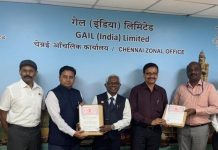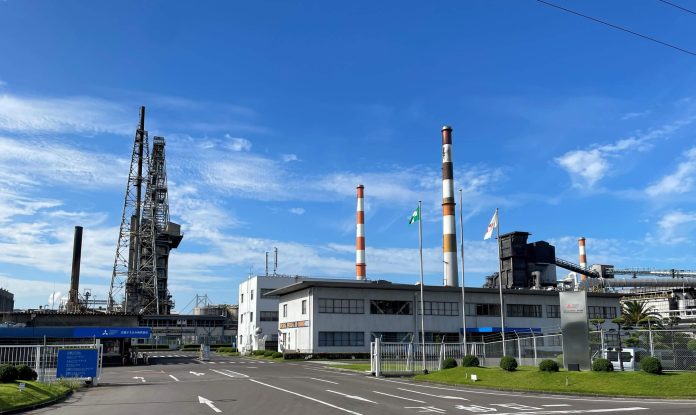The Mitsubishi Chemical Group plans to boost its production capacity for anode materials used in lithium-ion batteries at its Kagawa Plant in Sakaide, Kagawa Prefecture, Japan.
The expanded operations are set to begin in October 2026, addressing the rising demand for electric vehicles (EVs).
Focus on Sustainable and High-Performance Materials
Manufacturers typically produce anode materials, essential components of lithium-ion batteries, from natural or synthetic graphite.
The Group specializes in materials derived from natural graphite, which offers a manufacturing process with lower greenhouse gas (GHG) emissions.
This makes it a more sustainable choice for battery production.
Leveraging proprietary technology
The Group has developed a new grade of anode material that outperforms synthetic graphite.
The breakthrough addresses a key issue associated with natural graphite – swelling, which impacts battery life – thereby enhancing its performance and durability.
Strengthening Supply Chains and Promoting Carbon Neutrality
To meet the increasing demand for advanced anode materials, the Group will enhance its production capabilities at the Kagawa Plant.
The expansion aims to reinforce supply chain resilience and contribute to carbon-neutral mobility solutions by offering innovative, eco-friendly materials.
Project Details
Location: Kagawa Plant, Mitsubishi Chemical Corporation, 1 Bannosu-cho, Sakaide, Kagawa Prefecture, Japan
Start of Expanded Operations: October 2026 (tentative)
New Production Capacity: 11,000 tons per year
As per the press release, by ramping up production of its advanced anode materials, the Mitsubishi Chemical Group underscores its commitment to sustainability and technological innovation in the evolving EV industry.
































